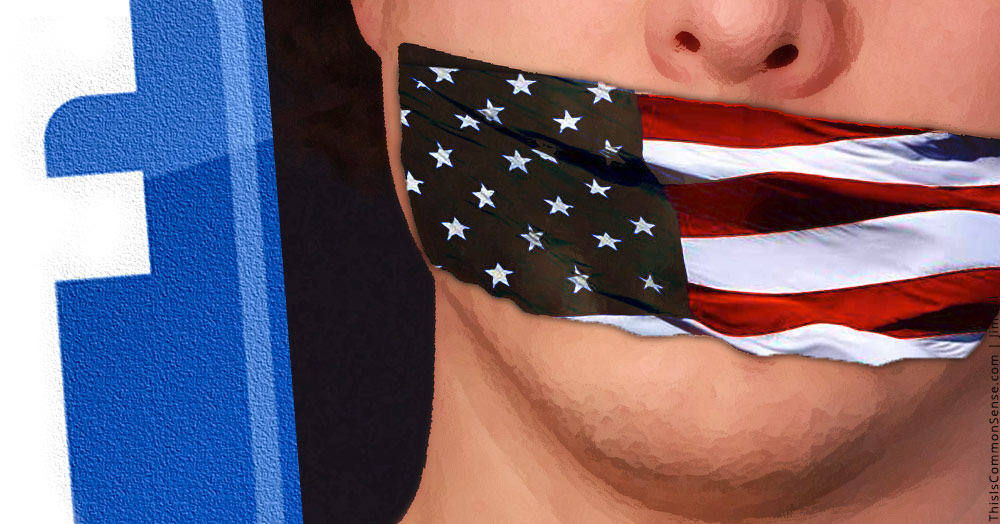Does banning Facebook in the weeks leading up to an election sound like freedom?
“The corrosive effect of social media on democratic life,” writes The New Republic’s Jeet Heer, “has led both French President Emmanuel Macron and Canadian Prime Minister Justin Trudeau to make the same threat to Facebook: self-regulate or be regulated.”
But Macron doesn’t go far enough. “If fake news truly poses a crisis for democracy, then it calls for a radical response,” Heer insists.
“Many countries have election silence laws, which limit or prohibit political campaigning for varying periods of time ranging from election day alone to as early as three days before the election.” And Heer sees little reason not to apply such regulations to social media.
“What if you weren’t allowed to post anything political on Facebook in the two weeks before an election?”
This exactly parallels the prohibition of political spending “by corporations” before an election, as in the McCain-Feingold campaign finance regulation. Except here we have it directly affecting normal citizens.
The current excuse, “fake news,” appears to be defined by partisans almost entirely as the errors and lies and spin of their opponents’ side(s).
But since lying about one’s political enemies is at least as old as the Election of 1800, why is this different now?
Because, I submit, Facebook is just another area the folks pushing such obvious breaches of the First Amendment — politicians and most of the media — do not yet control.
Competition mustn’t be tolerated.
This is Common Sense. I’m Paul Jacob.
Photo credit: by John Nakamura Remy


One reply on “Why They Hate the First Amendment”
Radical response? No less than the first step in ending free political speach, this proposal Is radical indeed.
Correct answer, never in this country, and hopefully anywhere on this planet.
Just where does Mr. Heer think he is going or where his policy will lead. He is certianly no historian!